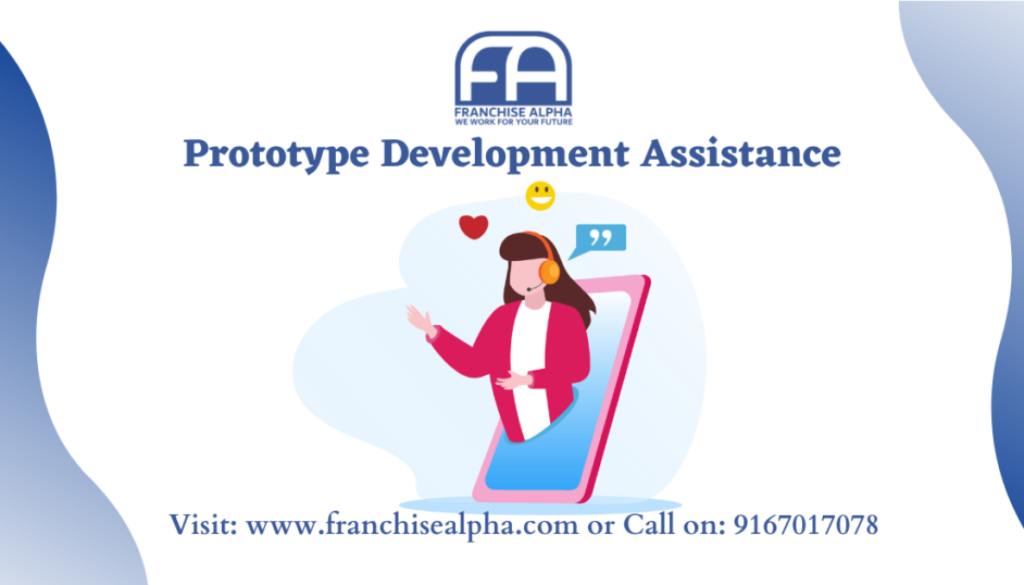Prototype Development Assistance
Prototypes play a crucial role in the development of new products and services, allowing businesses to test ideas, gather feedback, and refine their concepts before bringing them to market. However, the process of prototype development can be complex and resource-intensive, especially for entrepreneurs and small businesses with limited expertise and resources. That’s where prototype development assistance comes into play. In this blog post, we will explore the importance of prototype development assistance and how it can fuel innovation and pave the way for business success.
1. Expertise and Guidance:
It provides entrepreneurs and businesses with access to experts who possess the technical knowledge and experience necessary to bring their ideas to life. These professionals understand the intricacies of product development, including design, engineering, manufacturing, and testing. Their guidance can help navigate potential challenges, optimize designs, and ensure that prototypes meet desired specifications.
2. Reduced Costs and Risks:
Developing prototypes can be costly, particularly when mistakes and iterations are involved. Prototype development assistance can help mitigate these risks by offering cost-effective solutions. Assistance providers often have established relationships with manufacturers, suppliers, and other relevant parties, enabling them to negotiate favorable pricing. By leveraging their expertise, businesses can minimize costs associated with materials, equipment, and labor.
3. Faster Time to Market:
In today’s fast-paced business landscape, speed is often crucial to success. Prototype development assistance can help expedite the product development process, reducing time to market. Assistance providers have streamlined workflows and access to advanced technologies, enabling rapid prototyping and iteration cycles. This acceleration can be a significant advantage in gaining a competitive edge and capturing market opportunities.
4. Validation and Feedback:
Prototypes serve as tangible representations of ideas, allowing businesses to gather valuable feedback from potential customers, investors, and stakeholders. Prototype development assistance facilitates this validation process by offering access to user testing and market research methodologies. By involving end-users early in the development cycle, businesses can fine-tune their products or services based on real-world insights, enhancing market acceptance.
5. Iterative Improvement:
Developing a successful product often involves multiple iterations and refinements. Prototype development assistance providers understand the iterative nature of the process and help businesses embrace it effectively. They facilitate the identification of weaknesses or areas for improvement, offering valuable insights and suggestions. This iterative approach leads to stronger prototypes that align with customer needs and preferences.




